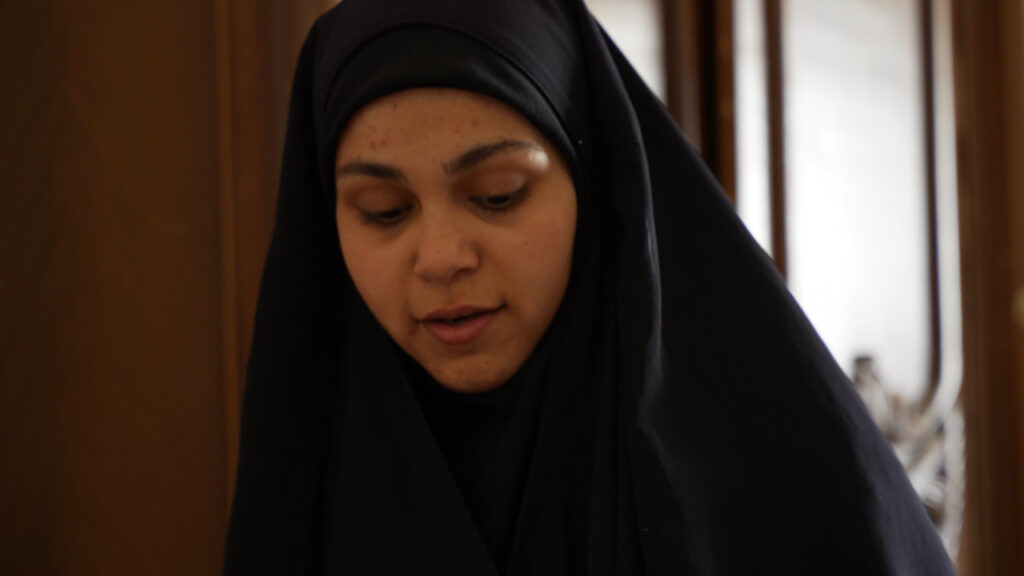If you were to metaphorically walk a mile in Batoul’s shoes, you would have some insight into this 20-year-old woman’s challenges and breakthroughs.
You also can now literally walk in her shoes – the ones she buys and sells online to earn money to help support her family in Lebanon, thanks to her vocational business training.
“The first thing I sold [from my company] was a pair of sandals,” Batoul recalls. “And I earned two dollars.” Through word of mouth and social promotion, her business is growing.
Batoul lives with her parents and siblings. She describes her father as supportive but overprotective. Case in point: After Batoul refused a marriage proposal, her father decided she should be confined to their home for five months due to the scorned suitor’s aggressive response to her refusal. Her parents supported her decision but were worried for her well-being.
However well-intentioned her parents’ actions were, the isolation took its toll. Cut off from the outside world, Batoul says she lived in a constant “state of fear, fatigue and pain” and cried most nights. “At one point, I decided I must do something,” she recalls. She turned to YouTube for inspiration, to see if she could launch a business. But in what?

Fortunately, this turning point in Batoul’s life coincided with her learning about a vocational training program. One participant opted to work in a dairy factory; others launched sewing businesses. Batoul chose to focus on buying and selling products. She also learned how to market her business online and build connections with local merchants.
Orders began streaming in, and Batoul expanded her business to include other products, such as makeup. Today, she hopes that she can inspire other young women facing similar challenges.
“I’d tell them: ‘You must be strong, patient and courageous. Not everyone’s situation is comfortable; you must go through difficulties, but you will grow stronger and more resilient.’”
Batoul participates in the INMAA Sustainable Social Protection and Livelihood Solutions for Severely Vulnerable Households project in Lebanon. (INMAA is a European Union-funded project implemented by four partners: the Lebanese Organization of Studies and Training, Akkarouna, Plan International and Save the Children.) The project works with Lebanese and Syrian refugee households experiencing extreme poverty so they can be less dependent on social assistance. To help them become self-reliant, the project offers vocational training and financial literacy and builds awareness about gender equality and empowerment.